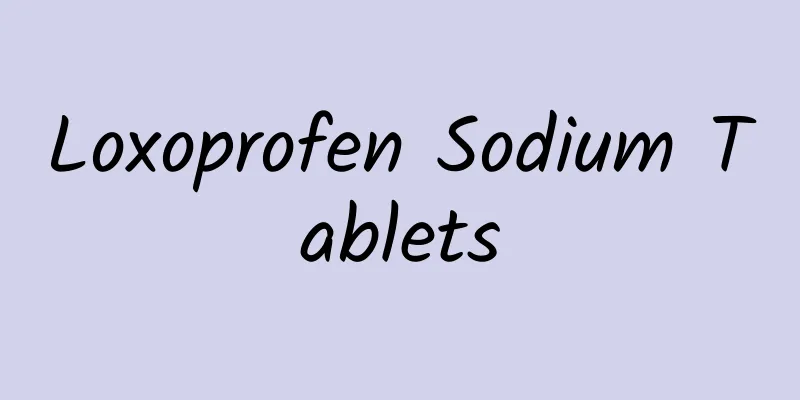Shocking! Eating too much high-protein food can cause such serious harm! After reading this, do you still dare to eat like this?

|
Compiled by: Gong Zixin High-protein diet is a popular dietary trend and is often promoted as part of healthy living and scientific weight loss. Does high protein really mean better health? Recently, researchers at the University of Pittsburgh School of Medicine have discovered a molecular mechanism by which excess dietary protein increases the risk of atherosclerosis. The results of the study were published in the journal Nature Metabolism. The study, which involved a series of experiments in various models, from cells to mice to humans, showed that consuming more than 22% of dietary calories from protein led to increased activation of immune cells that play a role in the formation of atherosclerotic plaques, thereby increasing the risk of disease. In addition, the scientists found that leucine, an amino acid, plays an important role in driving the pathological pathways associated with atherosclerosis, or hardening of the arteries. According to the American Dietary Survey, people generally consume a lot of protein (mainly from animal sources) in their daily diet, and nearly a quarter of people get more than 22% of their daily calories from protein. Senior author Babak Razani, MD, professor of cardiology at Pitt, noted that boosting protein intake in pursuit of better metabolic health is not a good thing and may cause real damage to your arteries. Razani's lab first showed in a 2020 study that excess dietary protein increases the risk of atherosclerosis in mice, and he subsequently collaborated with metabolism expert Bettina Mittendorfer at the University of Missouri-Columbia to further investigate the underlying mechanisms and their relevance to humans. Mechanistic studies have shown that amino acids, the actual building blocks of proteins, can trigger disease through specific signaling mechanisms that then alter the metabolism of these cells. For example, small immune cells in the vascular system called macrophages can initiate the development of atherosclerosis. To determine the timeline of immune cell activation after ingestion of a protein-rich meal, the researchers conducted preliminary experiments in healthy human subjects and mimicked similar situations in mouse and human macrophages, which are particularly sensitive to protein-derived amino acids. The results showed that consuming more than 22% of daily dietary calories through protein negatively affected macrophages, cells responsible for clearing cellular debris, causing these cells to accumulate as "graveyards" within blood vessel walls and worsen atherosclerotic plaques over time. The analysis suggests that leucine -- an amino acid found in high amounts in animal-derived foods such as beef, eggs and milk -- is a major contributor to abnormal macrophage activation and atherosclerosis risk, providing a potential avenue for further research into personalized dietary modifications, or "precision nutrition." This is particularly important in hospital settings, where nutritionists often recommend protein-rich foods to patients to preserve muscle mass and strength. Razani emphasizes that many questions remain to be answered, chiefly: Is there a “sweet spot” between consuming 15% of daily calories from protein (as recommended by the U.S. Department of Agriculture) and 22% that maximizes protein’s benefits (such as muscle building) while avoiding the molecular-level reactions that trigger the damaging events that lead to cardiovascular disease? “Perhaps blindly increasing protein intake is a mistake,” Razani said. “It is important to look at diet as a whole and recommend a balanced diet to avoid inadvertently exacerbating cardiovascular disease, especially in people at risk for heart and vascular disease.” References: |
>>: After getting a new phone during the New Year, what should I do with the data on my old phone?
Recommend
Is the nuclear radiation from CT scan, a magical tool for cancer detection, very harmful? Nuclide: I am innocent...
The "nuclear" thing has long been widel...
Do probiotics really work?
Are bacteria really harmful and useless? The answ...
High temperature makes hairy crabs thin? I wish this was just a rumor
The west wind blows, the crab legs itch, it’s the...
Comscore: E-commerce 2024 Report
According to Comscore's "E-Commerce 2024...
The efficacy and function of Osmanthus fragrans seedlings
Most Chinese medicinal materials have good effect...
Why does China no longer use "Dragon" to translate "龙"? What is the reason behind this?
This year is the Year of the Dragon, and a series...
The efficacy and function of lotus root
In modern life, everyone is very familiar with va...
People who get weak in the knees when seeing a needle are in luck! A new blood collection device uses leeches to greatly improve the comfort of blood drawing...
Are those who feel weak in the knees when seeing ...
Help! Why can’t I poop when I travel?
Planning and production Source: A Brief History A...
Barnard 68, mistakenly thought to be a black hole, is actually a mass...
Author: Huang Xianghong Duan Yuechu There are man...
The efficacy and function of the white juice between the bark of paper mulberry
In daily life, people are not only very familiar ...
The efficacy and function of the light thorn long protrusion ball
Chinese medicinal materials have good effects on ...
What are the effects of Chinese medicine Gynostemma pentaphyllum
Gynostemma pentaphyllum has a cold nature and is ...
The role and efficacy of Imperata root
Medicine is very helpful in treating diseases, so...
The efficacy and function of badger oil
Badger oil is a very common Chinese medicinal mat...









